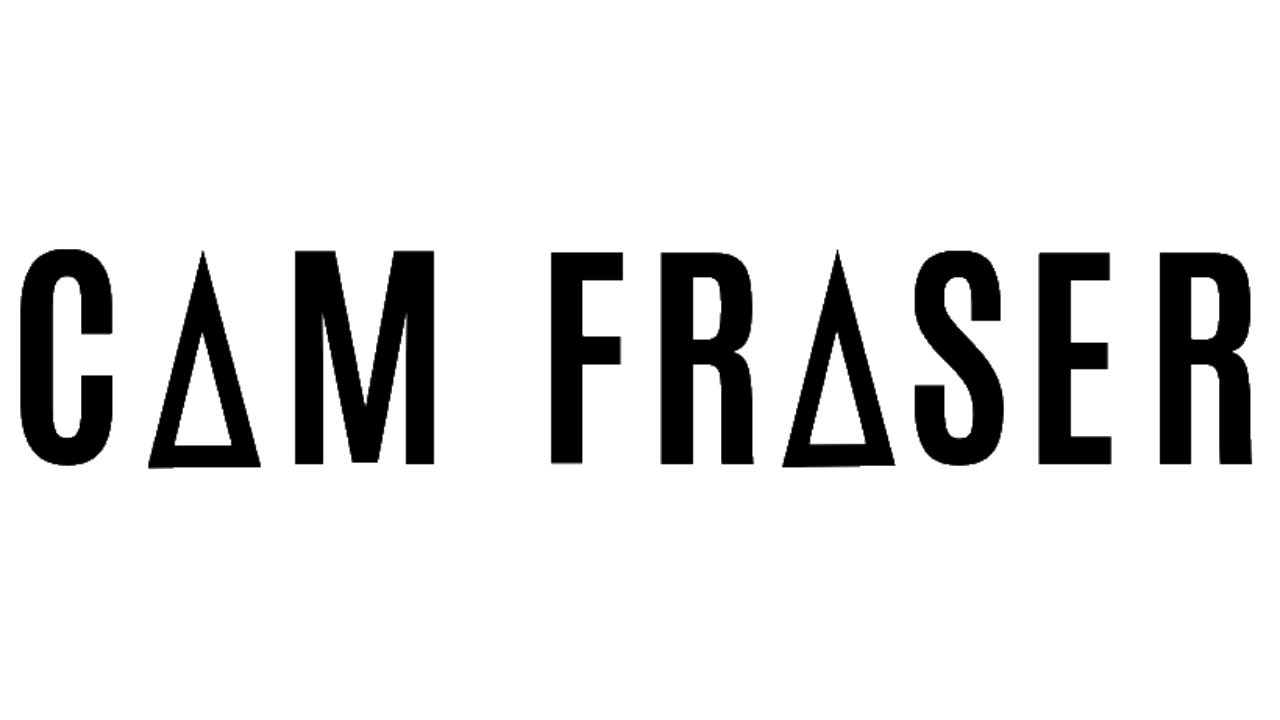I shared a post on social media wherein I said that one of the biggest myths about male sexuality is that men are thinking about and want to have sex all the time. I elaborated that this stereotype that men are always in the mood for sex can lead to other detrimental beliefs about men, such as men never say "no" to sex and men can't be sexually assaulted.
The rebuttal - if you can call it that - which I receive the most often when making this claim about men's desire for sex is, of course, that it isn't true and that these men (myself included) must just have low testosterone.

Let's break this rebuttal down. Unfortunately, much research has focused on inter individual differences of desire and hasn't looked at within person fluctuations. However, we do know that biological, psychological, relational, sexual, cultural, and cognitive factors like depression, anxiety, emotions, attraction, conflicts, communication, sexual functioning, distress, satisfaction, gender roles, And sexual scripts of masculinity are all involved in the development and maintenance of sexual interest in men (Nimbi et al., 2020).
We also know that intimacy and partner responsiveness correlates positively with sexual desire for men, which is in turn associated with higher likelihood of partnered sexual activity (van Lankveld et al., 2018; van Lankveld et al., 2021). There's also a positive correlation between self esteem and sexual desire, which led these researchers to state that, "fluctuations are an important characteristic of sexual desire" (Tuijl, Verboon, & van Lankveld, 2022).
But because of this myth that male sexual desire doesn't fluctuate, many men feel it is expected of them to be sexual even when they don't want to. For example, 61.3% of men reported mild sexual compliance, that is consenting to unwanted kissing at least once over the past 12 months (Khera et al., 2022). And when men refuse sex, the refusal is often to some extent not respected (Meenagh, 2020). This can ultimately perpetuate the idea that men can't be raped because men are "always up for sex" (McKeever, 2019).
Many people conflate testosterone with sex drive. It does play an important role in men's sexual interest (Bancroft, 2005), but it isn't solely responsible for libido. For example, low libido is also associated with low estradiol levels (Tan, Cook, & Reilly, 2014), which can actually be improved by oestrogen administration (Finkelstein et al., 2013) even when testosterone remains low (Ramasamy et al., 2014).
Cortisol also has negative correlations with sexual desire (Kobori et al., 2009), while dopamine has a facilitative effect on sexual motivation (Hull, Muschamp, $ Sato, 2004). Even if we entertain the argument that testosterone equals sex drive, you have to acknowledge that testosterone levels fluctuate (Gupta et al., 2000).
For example, it is very well documented that testosterone fluctuates on a daily basis, being high in the morning and about 6-12% lower in the evening (Bremner, Vitiello, & Prinz, 1983; Cooke, McIntosh, & McIntosh, 1993; de la Torre et al., 1981; Driver et al., 2003; Faiman & Winter, 1971; Lévi et al., 1988; Montanini et al., 1988; Nicolau et al., 1984; Nicolau et al., 1985; Plymate, Tenover, & Bremner, 1989; Reinberg et al., 1975; Reinberg & Lagoguey, 1978; Tenover et al., 1988; Winters, 1991; Brembilla et al., 2009; Parikh et al., 2018).
It also appears to fluctuate in 20 and 30 day rhythms (Celec et al., 2003). And, some evidence even suggests testosterone fluctuates seasonally, being high in the winter and about 30% lower in the summer (Demir, Uslu, & Arslan, 2016; Stanton, Mullette-Gillman, & Huettel, 2011; Svartberg et al., 2003).
Another way of unpacking this is by considering exogenous testosterone. For example, intramuscular injections cause fluctuations in libido (Khodamoradi et al., 2020). Patches and gels closely mimic circadian rhythms in terms of testosterone levels, resulting in fewer fluctuations (Schlich & Romanelli, 2016), and nasal testosterone maintains normal fluctuating levels over 24 hours (Westfield et al., 2020).
However, no single testosterone therapy can exactly mimic normal testosterone patterns and circadian testosterone secretions (Pastuszak et al., 2021). And finally, testosterone therapy doesn't always improve libido (Straftis & Gray, 2019; Huo et al., 2016).
So let's stop perpetuating this myth that men are always in the mood for sex. Let's stop obsessing about testosterone and recognise that we're human beings, not machines.

